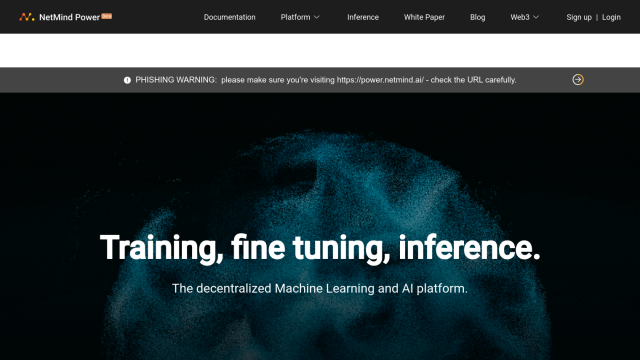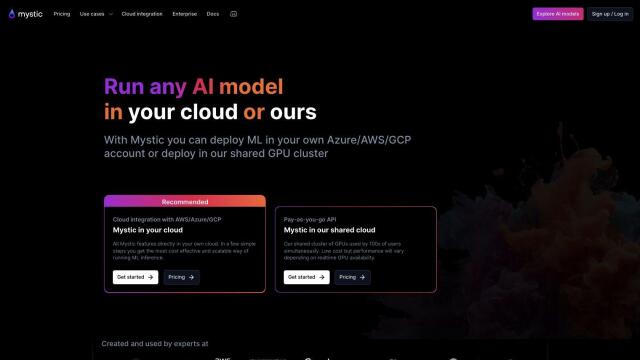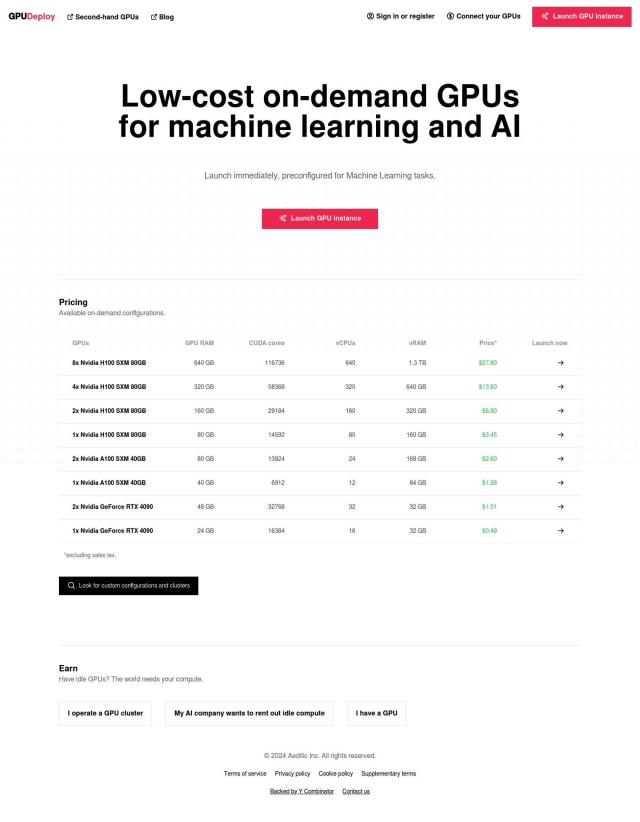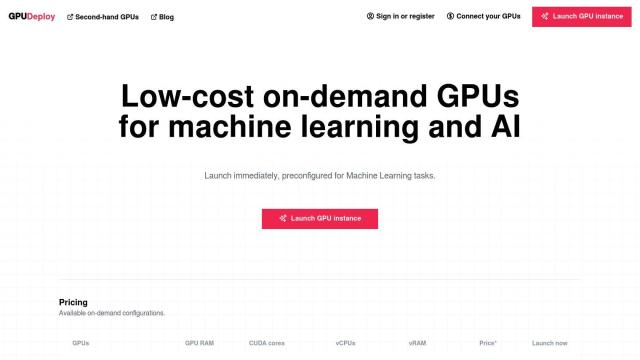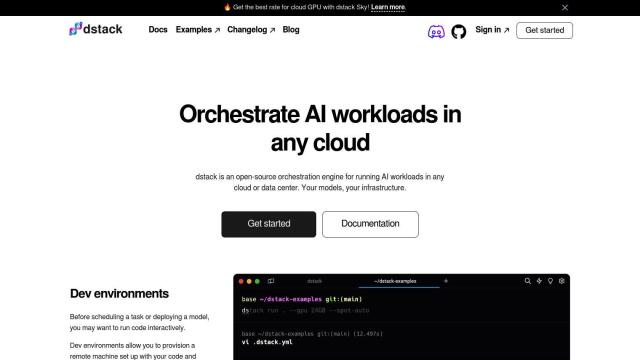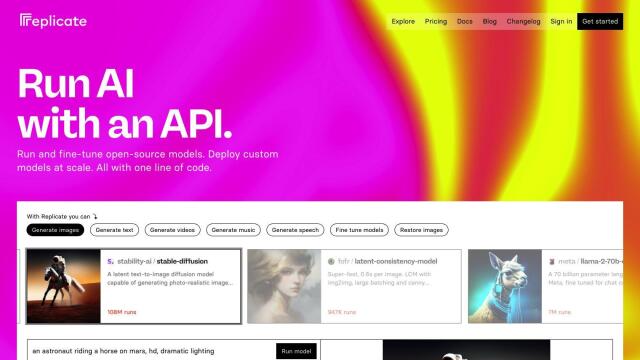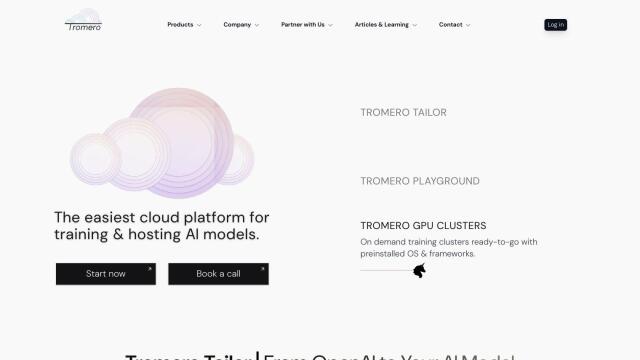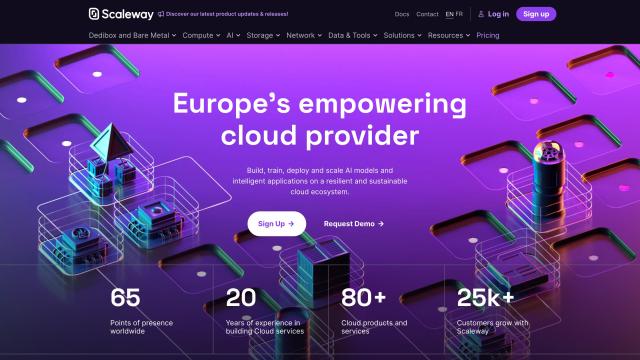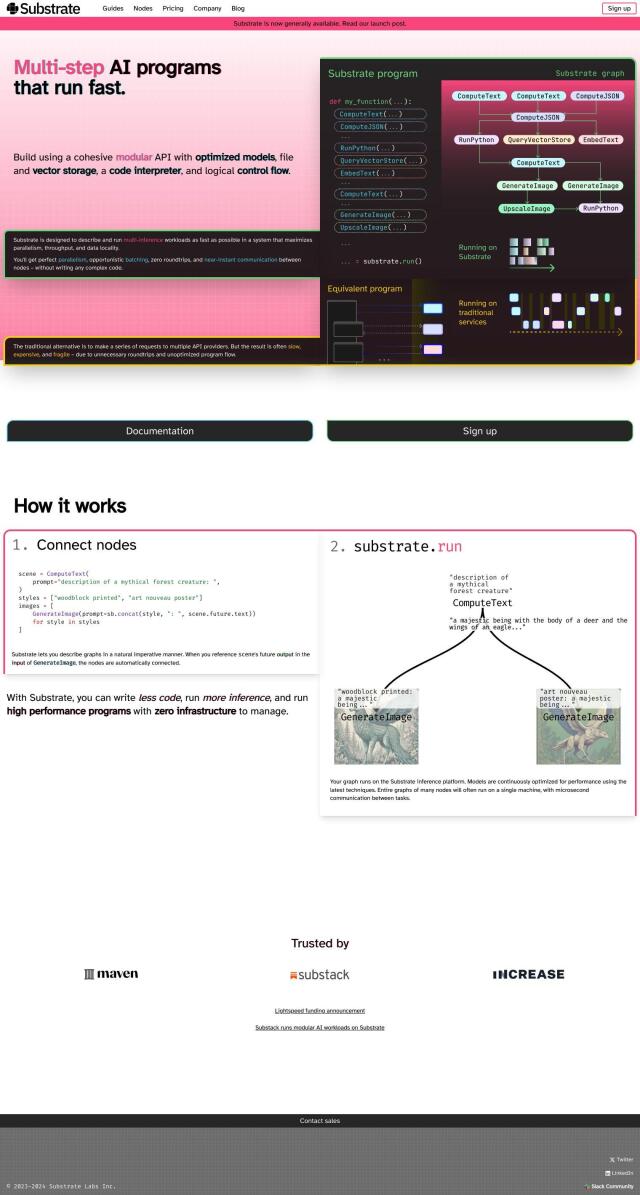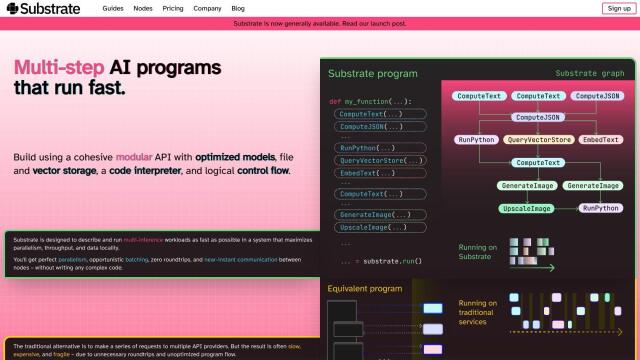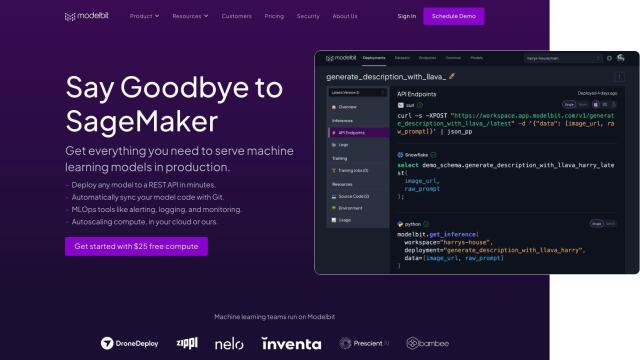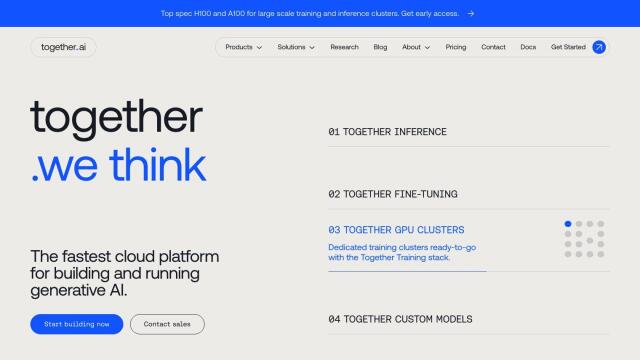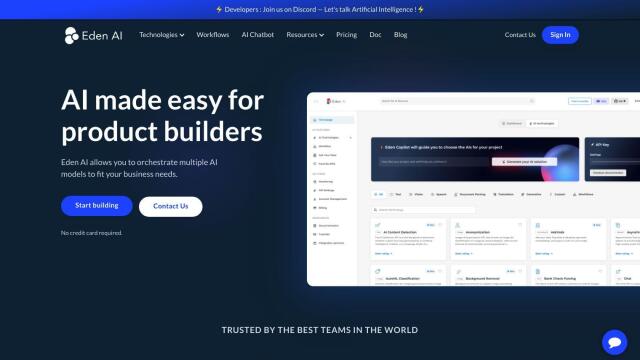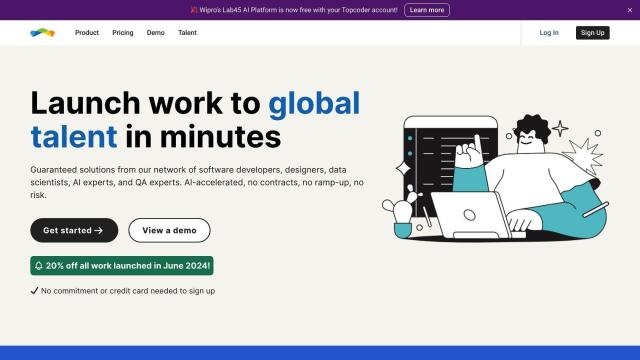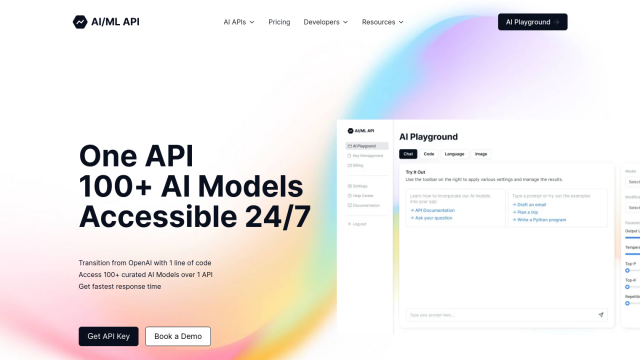Question: Is there a platform that offers a peer-to-peer compute marketplace, allowing me to cut compute costs and tap into a global pool of resources?

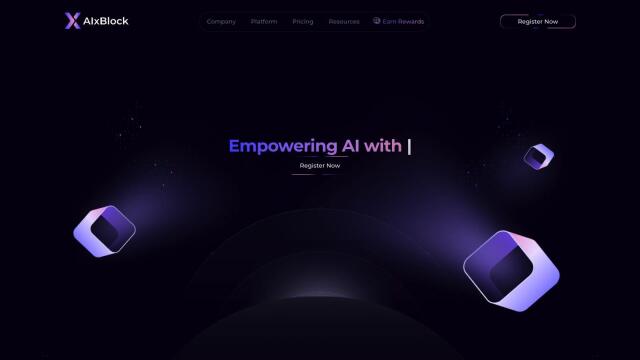
AIxBlock
For a peer-to-peer compute marketplace that can lower costs and access a world-spanning pool of resources, AIxBlock is a great choice. This on-chain platform is a decentralized supercomputer for AI work, using blockchain to run AI models and reducing compute costs by up to 90%. It also includes a peer-to-peer decentralized compute marketplace where users can tap into a world-spanning pool of computing resources with no transaction fees. AIxBlock also includes tools like Jupyter Notebook, Docker and Kubernetes for a full suite of AI builders and freelancers.

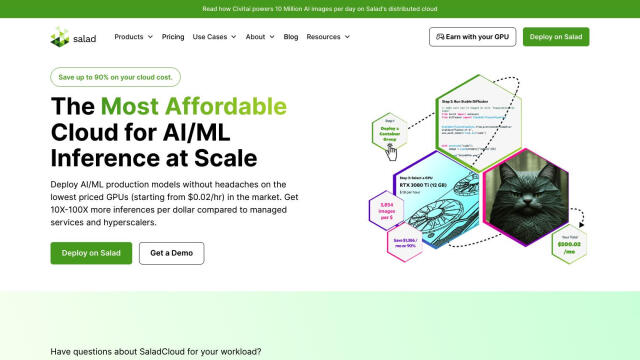
Salad
Another contender is Salad, a cloud-based service designed to run and manage AI/ML production models at scale. It gives you access to thousands of consumer GPUs around the world, with costs up to 90% lower than traditional providers. Salad offers a managed container service, a global edge network, on-demand elasticity and multi-cloud support. It's good for GPU-heavy workloads like text-to-image and speech recognition.

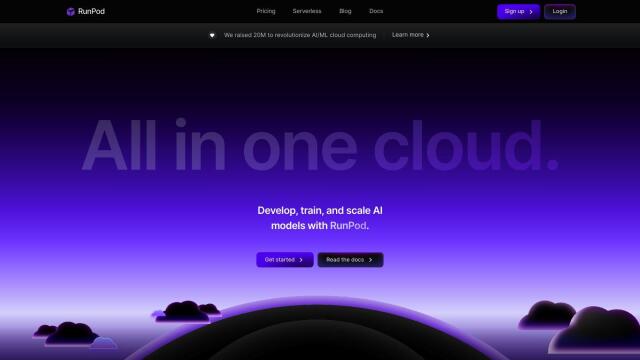
RunPod
If you need something more flexible and scalable, check out RunPod. This cloud service gives you immediate access to a range of GPUs and lets you run any GPU workload. With features like serverless ML inference, instant hot-reloading and support for frameworks like PyTorch and Tensorflow, RunPod offers a lot of flexibility and pricing that's cheaper when you're not using it.

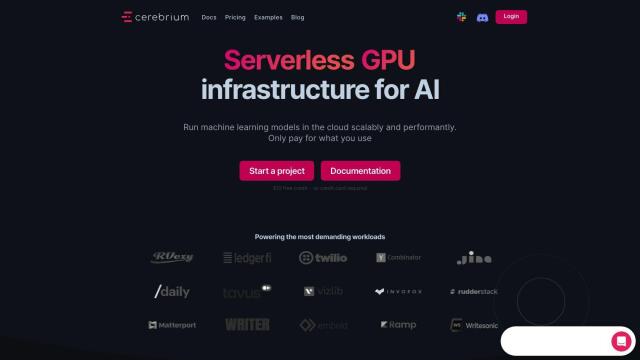
Cerebrium
Last is Cerebrium, a serverless GPU infrastructure with pay-per-use pricing that can be a good option for training and deploying machine learning models. It's got features like hot reload, streaming endpoints and real-time logging, and automatic scaling for high performance and low latency. That makes Cerebrium a good option for engineers who want to simplify their ML workflow.

